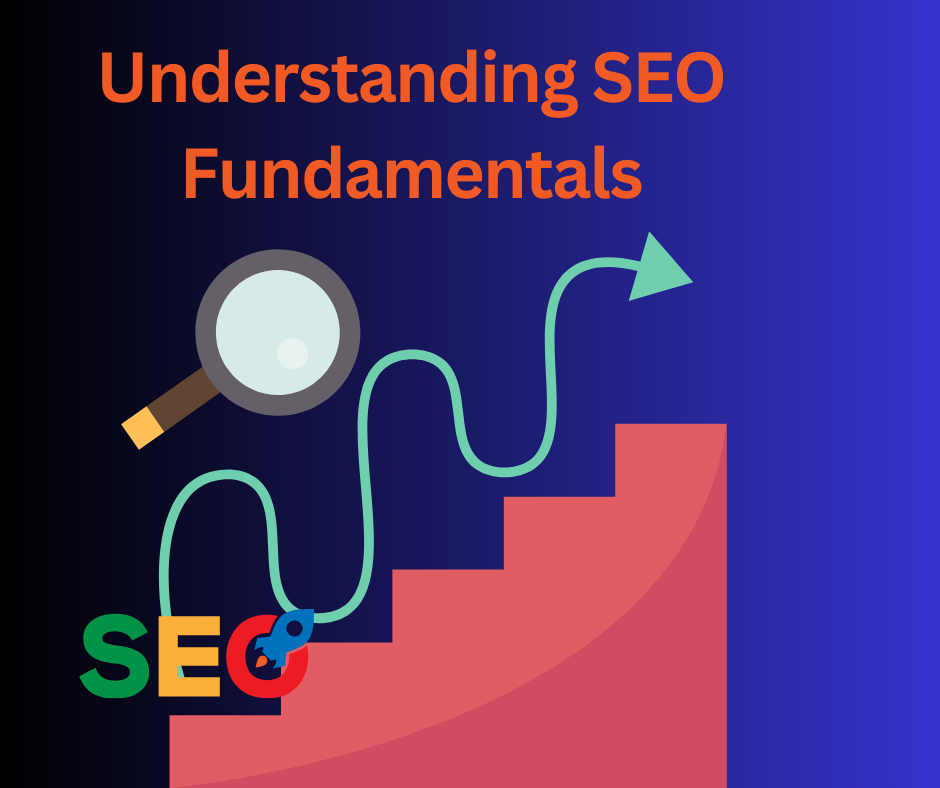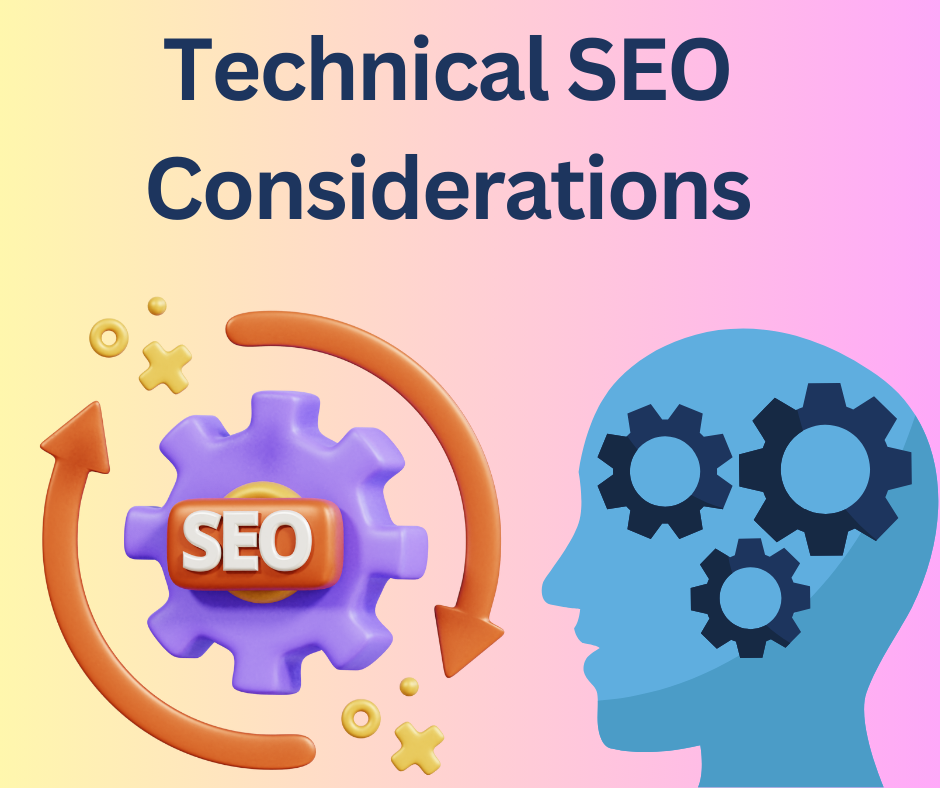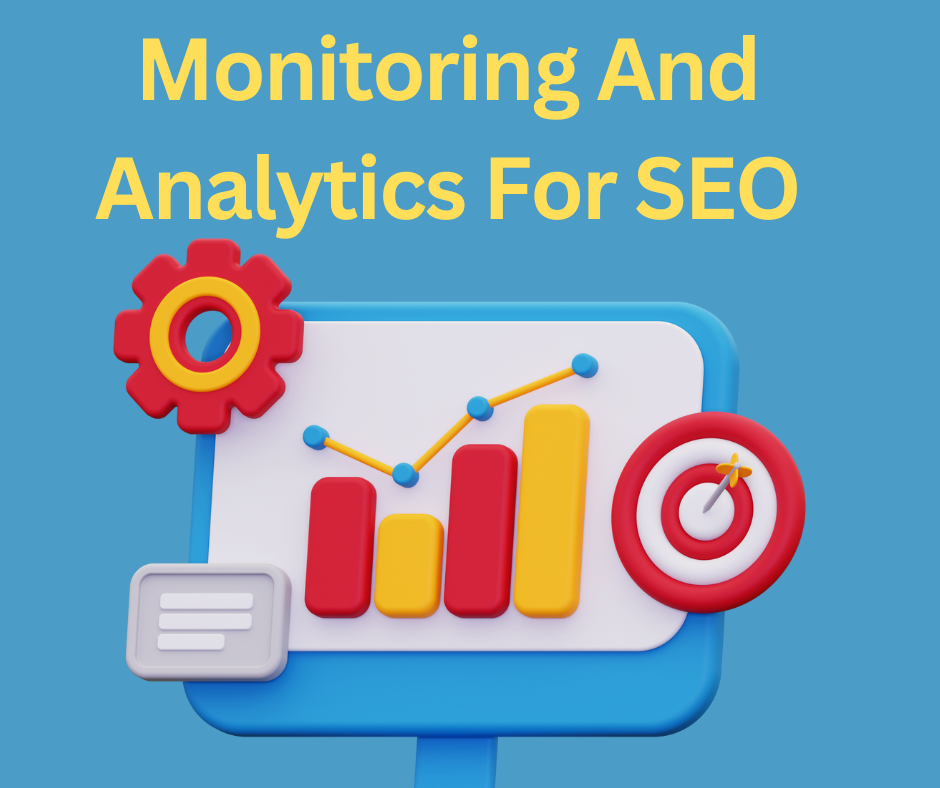In the ever-evolving digital landscape, mastering Search Engine Optimization (SEO) has become a cornerstone for online success. Whether you’re a budding entrepreneur, a seasoned webmaster, or simply curious about the digital world, understanding the key elements of SEO is crucial.
This comprehensive guide is designed to unravel the complexities of SEO and lay out the fundamental tools and strategies needed to elevate your website’s visibility and ranking. From keyword research to technical optimization, and content creation to link building, we’ll delve into each aspect, ensuring that you’re well-equipped to take your website to the pinnacle of search engine results.
Let’s embark on this journey to demystify the essentials of SEO and transform your website into a search engine favorite!
Understanding SEO Fundamentals
Understanding SEO (Search Engine Optimization) fundamentals is crucial for any online content creator or marketer. This process involves optimizing your website and content to improve visibility and ranking on search engine results pages (SERPs).
The primary goal is to attract more organic traffic, which is achieved by enhancing various elements such as keywords, content quality, user experience, mobile-friendliness, and site speed. SEO practices are divided into on-page SEO, which focuses on the content and structure of your website, and off-page SEO, which involves external factors like backlinks and social signals.
Keeping abreast of the latest SEO trends and algorithm updates from search engines like Google is essential. Implementing effective SEO strategies can significantly boost your website’s online presence, making it more accessible and appealing to your target audience
On-Page Seo Best Practices
When it comes to on-page seo best practices, meta tags, headers, and urls play a crucial role. Optimizing these elements is essential for improving website structure and navigation. By incorporating keyword-rich content, you can enhance the visibility of your website in search engine rankings.
Effective utilization of meta tags helps search engines understand the relevance of your web pages. Headers provide structure to your content and make it easier for users to navigate. Urls should be descriptive and contain keywords to improve search engine optimization.
Overall, implementing these on-page seo techniques ensures that your website is easily discoverable by both search engines and users, resulting in increased organic traffic and better user experience.
Off-Page Seo Techniques
Off-page seo techniques play a crucial role in boosting a website’s visibility and ranking on search engines. Building high-quality backlinks is one such technique that can significantly impact seo. These backlinks act as votes of confidence for search engines, indicating the credibility and authority of a website.
Additionally, social media signals can also influence seo by showcasing a website’s popularity and engagement. Sharing content on social media platforms enhances visibility and attracts potential readers. Another effective technique is guest blogging and influencer marketing. By collaborating with industry experts or influential individuals, websites can gain exposure to a wider audience and acquire valuable backlinks.
Implementing these off-page seo techniques can establish a strong online presence and drive organic traffic to a website.
Technical SEO Considerations
Improving website speed and user experience are crucial technical seo considerations. Mobile optimization and responsive design play a vital role in enhancing user experience on different devices. Ensuring that your website is easily accessible and visually appealing on mobile devices can significantly impact seo rankings.
Another key consideration is the implementation of xml sitemaps and robots. txt files. Xml sitemaps help search engines understand the structure and hierarchy of your website, while robots. txt files instruct search engine robots on how to crawl and index your site.
By optimizing these technical aspects of your website, you can improve its seo performance and visibility in search engine results. Remember, a well-optimized and user-friendly website is essential for attracting organic traffic and achieving higher search engine rankings.
Local Seo Strategies
Optimizing your google my business listing is an essential local seo strategy for your website. This allows you to appear in local search results and increases your online visibility. Consistency in your business name, address, and virtual phone number (nap) across different online platforms is also crucial.
It helps search engines understand your business’s location and credibility. Additionally, online reviews play a significant role in local seo. Positive reviews not only improve your website’s ranking but also build trust among potential customers. By utilizing local seo strategies, businesses can gain a range of benefits.
These include increased website traffic, higher conversion rates, improved brand visibility, and a significant edge over competitors. With effective local seo techniques, you can grow your online presence and expand your customer base.
Monitoring And Analytics For SEO
To effectively do seo for a website, it is essential to monitor and analyze its performance. One crucial step is setting up google analytics for website tracking. This allows you to track keyword rankings and understand the traffic coming to your site.
By analyzing website metrics and user behavior, you can identify areas for improvement and optimize your seo strategies. Monitoring and analytics provide valuable insights into the success of your seo efforts, helping you make informed decisions and achieve better visibility in search engines.
With google analytics, you gain a comprehensive understanding of your website’s performance and can refine your seo tactics accordingly. This data-driven approach allows you to continuously enhance your website’s visibility and reach your target audience more effectively.
Seo Tools And Resources
To effectively do seo for a website, it is essential to utilize the right tools and resources. Keyword research tools are crucial in identifying relevant and high-performing keywords for optimization. These tools provide valuable insights into search volume, competition, and user intent.
Additionally, seo plugins play a significant role in optimizing website elements such as meta tags, titles, and sitemaps. These plugins ensure proper indexing and enhance website visibility. Staying updated with industry trends is equally important, and industry blogs and forums serve as valuable sources of information.
Engaging with these platforms facilitates knowledge sharing and helps to stay ahead of the curve in terms of seo practices. By leveraging the power of these tools and resources, website owners can drive organic traffic and improve their search engine rankings.
Common Seo Mistakes To Avoid
To ensure effective seo for your website, it is crucial to avoid common mistakes. One such mistake is keyword stuffing and over-optimization, as search engines penalize websites for excessive keyword usage. Another common mistake is neglecting mobile optimization, which is vital considering the increasing number of mobile users.
Additionally, failing to regularly update your content can negatively impact your seo efforts. It is essential to consistently provide fresh and valuable content to attract and engage users. By avoiding these mistakes, you can improve your website’s visibility and ranking in search engine results.
Keep these tips in mind to optimize your website effectively and drive organic traffic.
Read also How Do Search Engines Work In 2023
Conclusion
To sum it up, implementing seo strategies for your website is crucial for its success in today’s competitive online landscape. By understanding and addressing the various requirements of seo, you can significantly improve your website’s visibility, organic traffic, and overall performance.
Start by conducting thorough keyword research to identify relevant and high-traffic keywords that align with your target audience’s search intent. Incorporate these keywords naturally into your website’s content, ensuring it reads smoothly and provides value to your visitors. Technical optimization is equally important.
Make sure your website is mobile-friendly, loads quickly, and has a well-structured layout that enhances user experience. Pay attention to on-page elements such as meta tags, headers, and alt tags, optimizing them with relevant keywords. Off-page optimization is another crucial aspect of seo.
Build high-quality backlinks from reputable sources, engage with your audience on social media, and create shareable content that encourages others to link back to your website. Regularly monitoring your website’s performance using analytics tools will help you identify areas for improvement and make data-driven decisions to enhance your seo efforts.
Stay updated with the latest seo trends and algorithm changes to ensure your strategies remain effective. By following these key seo requirements, you’ll be well on your way to boosting your website’s visibility, traffic, and online success. Start optimizing your website today and reap the rewards in the long run.








